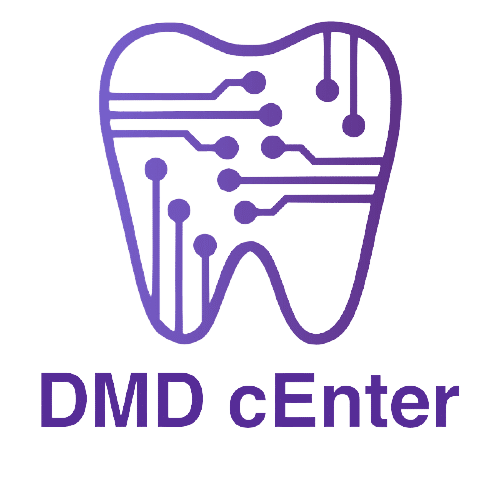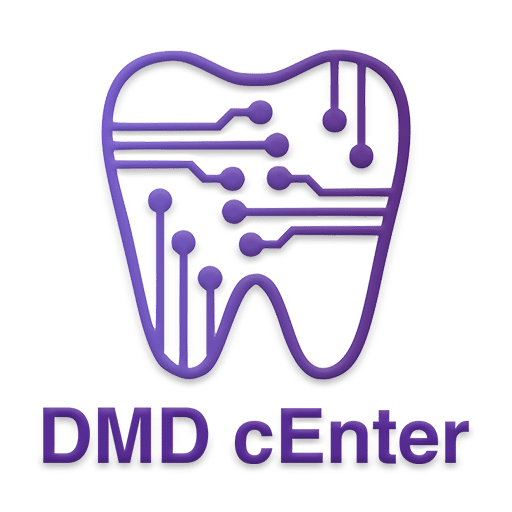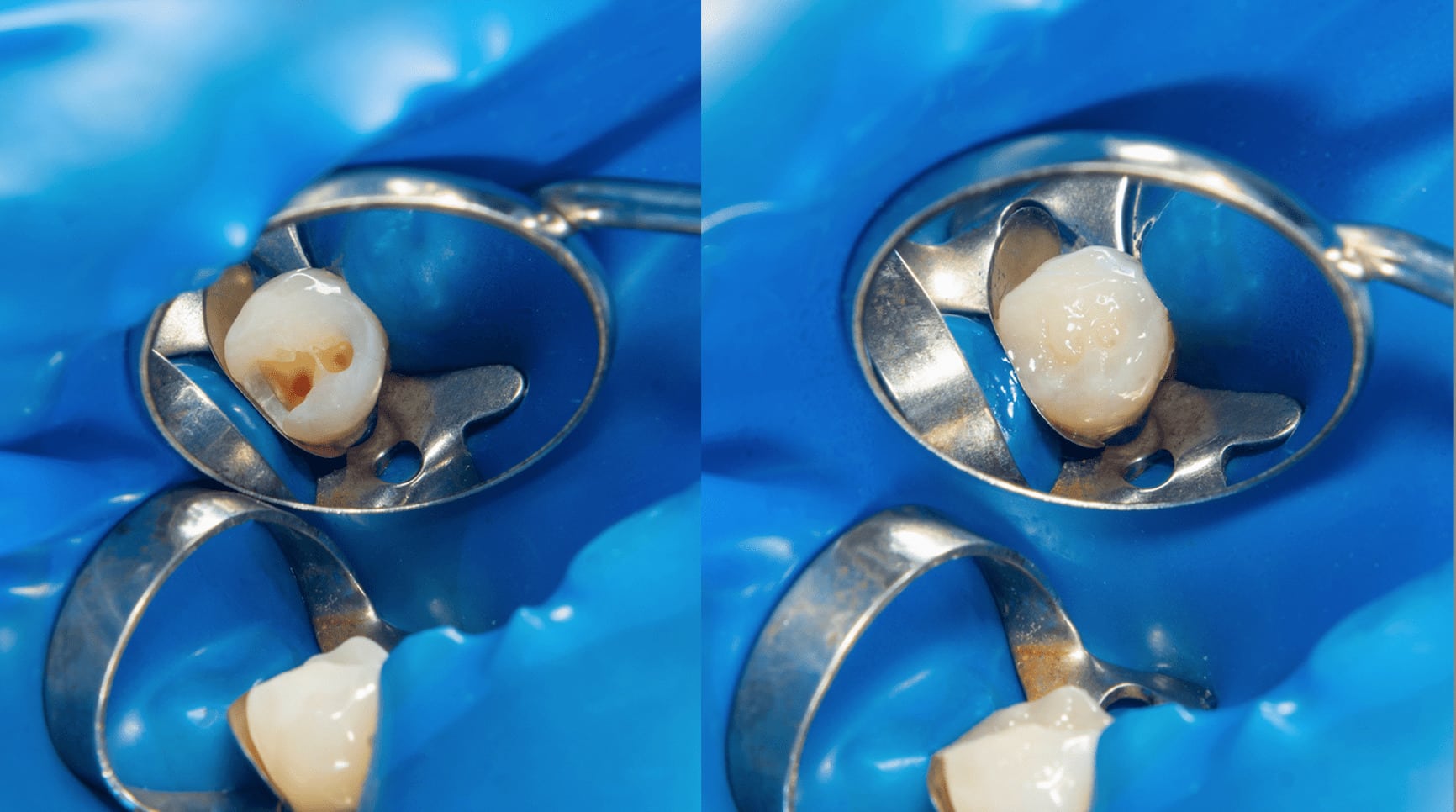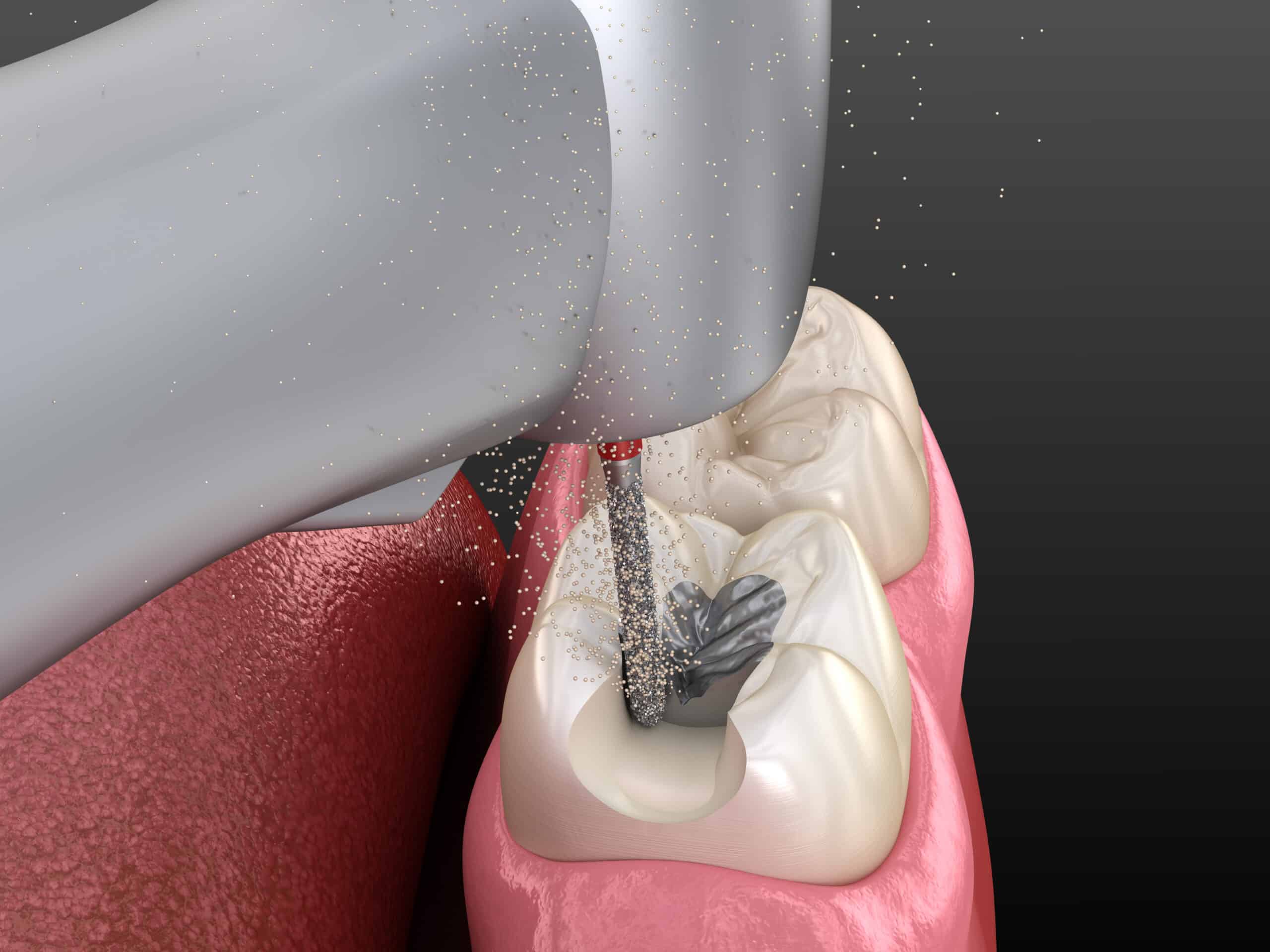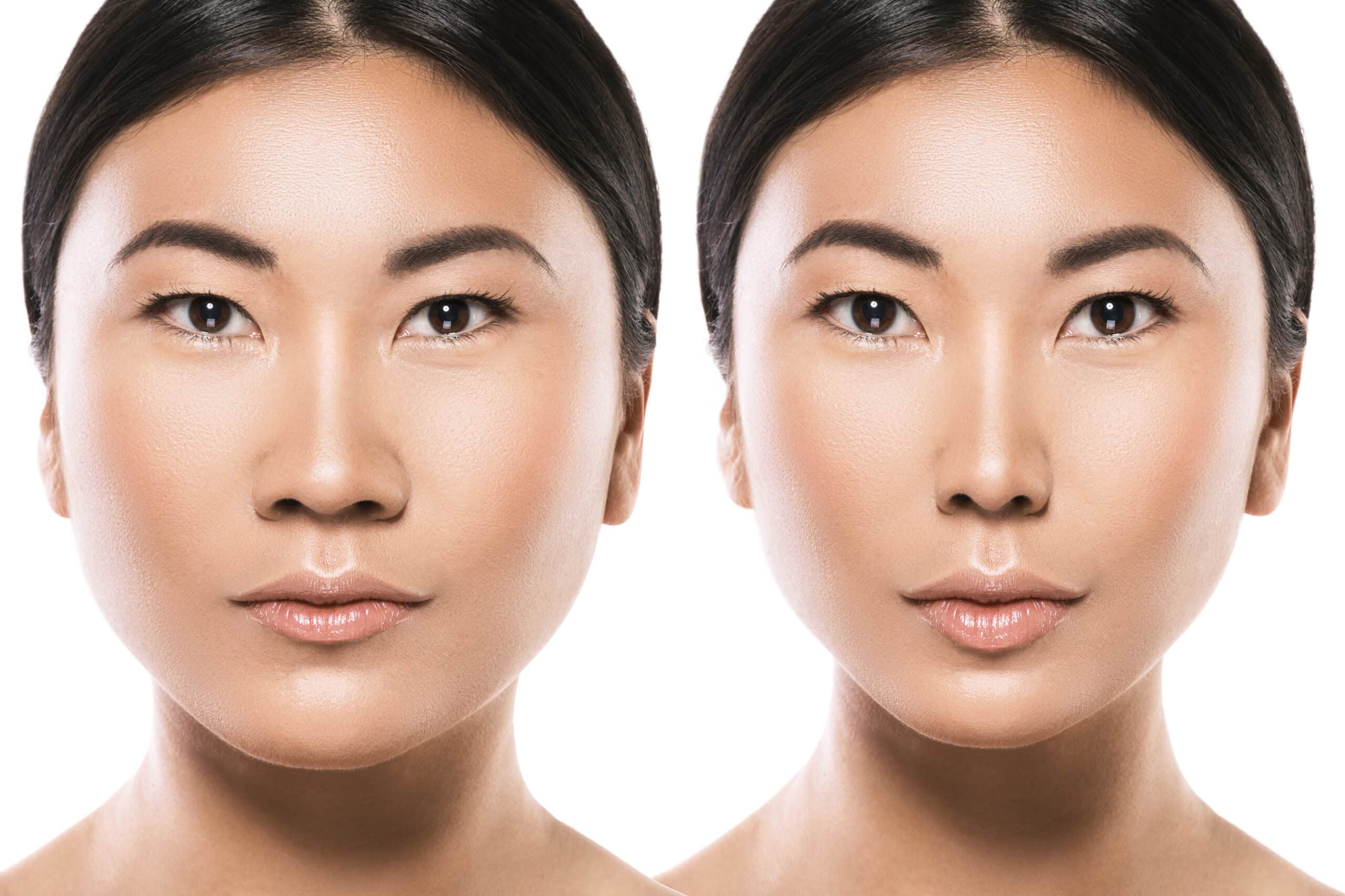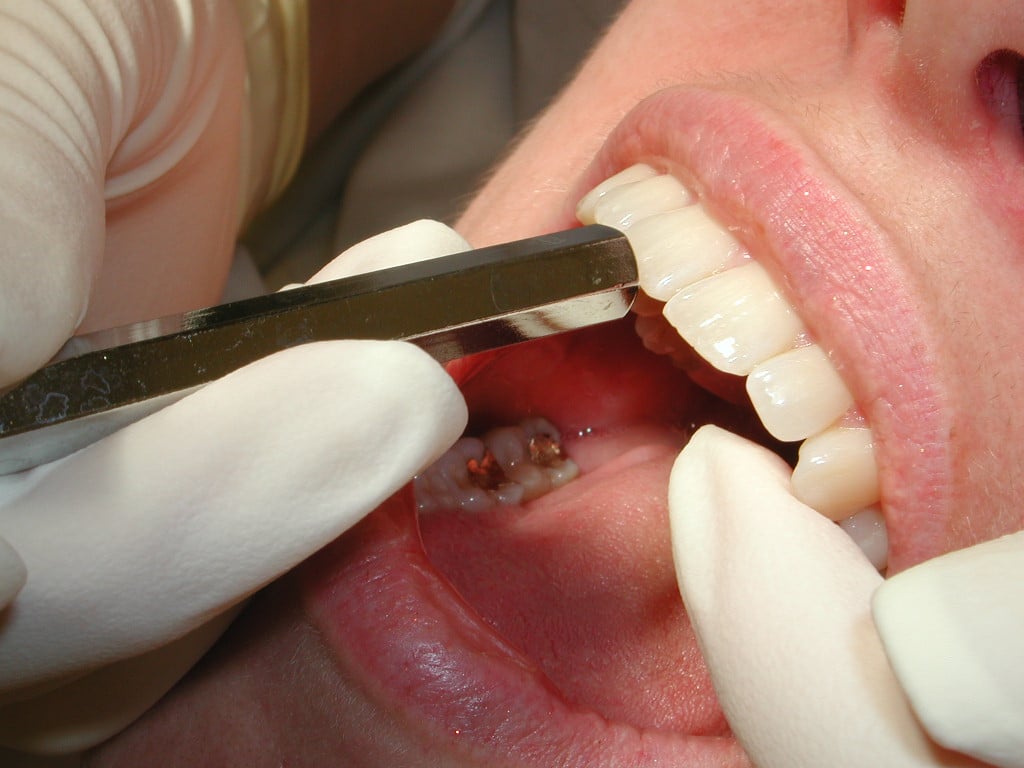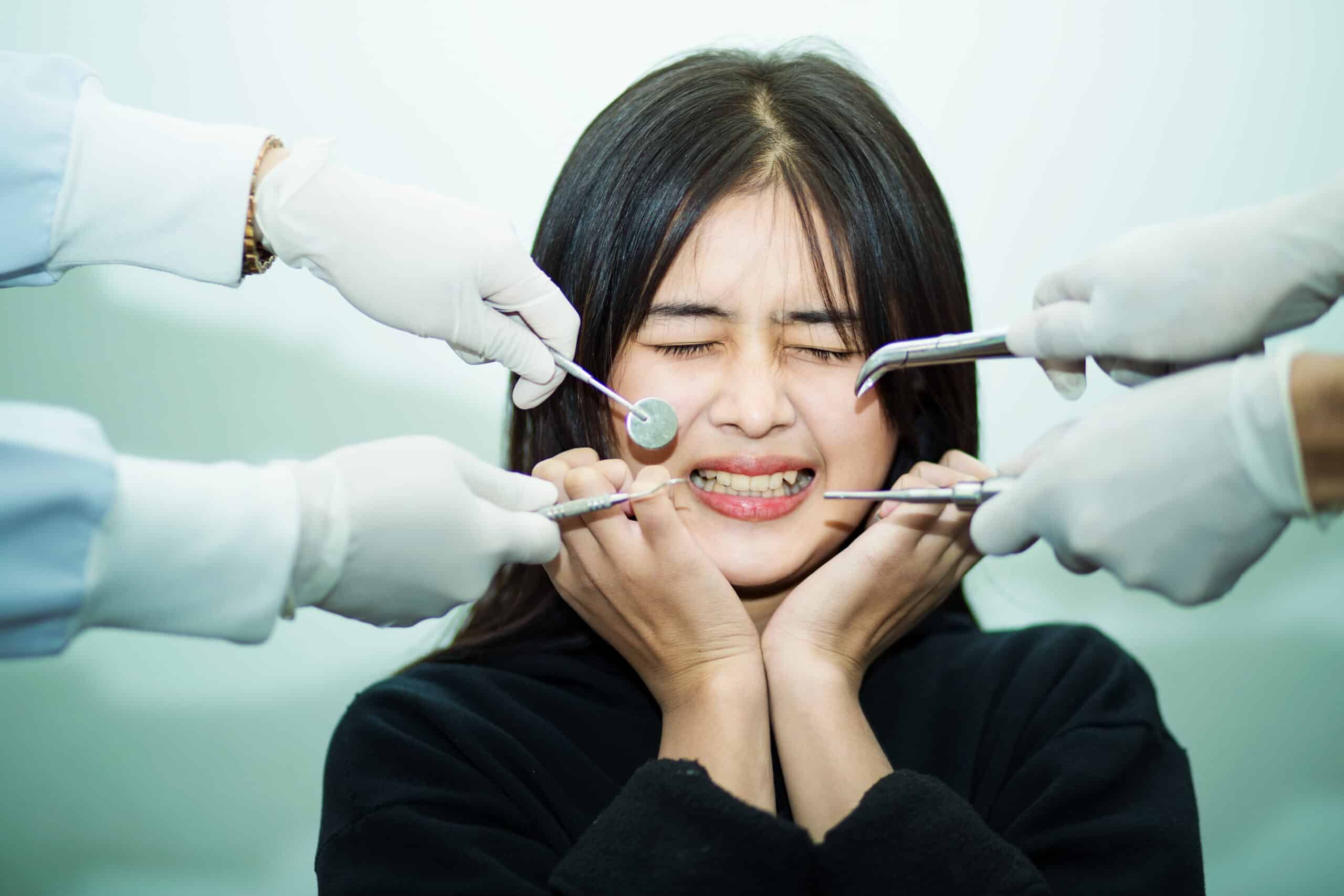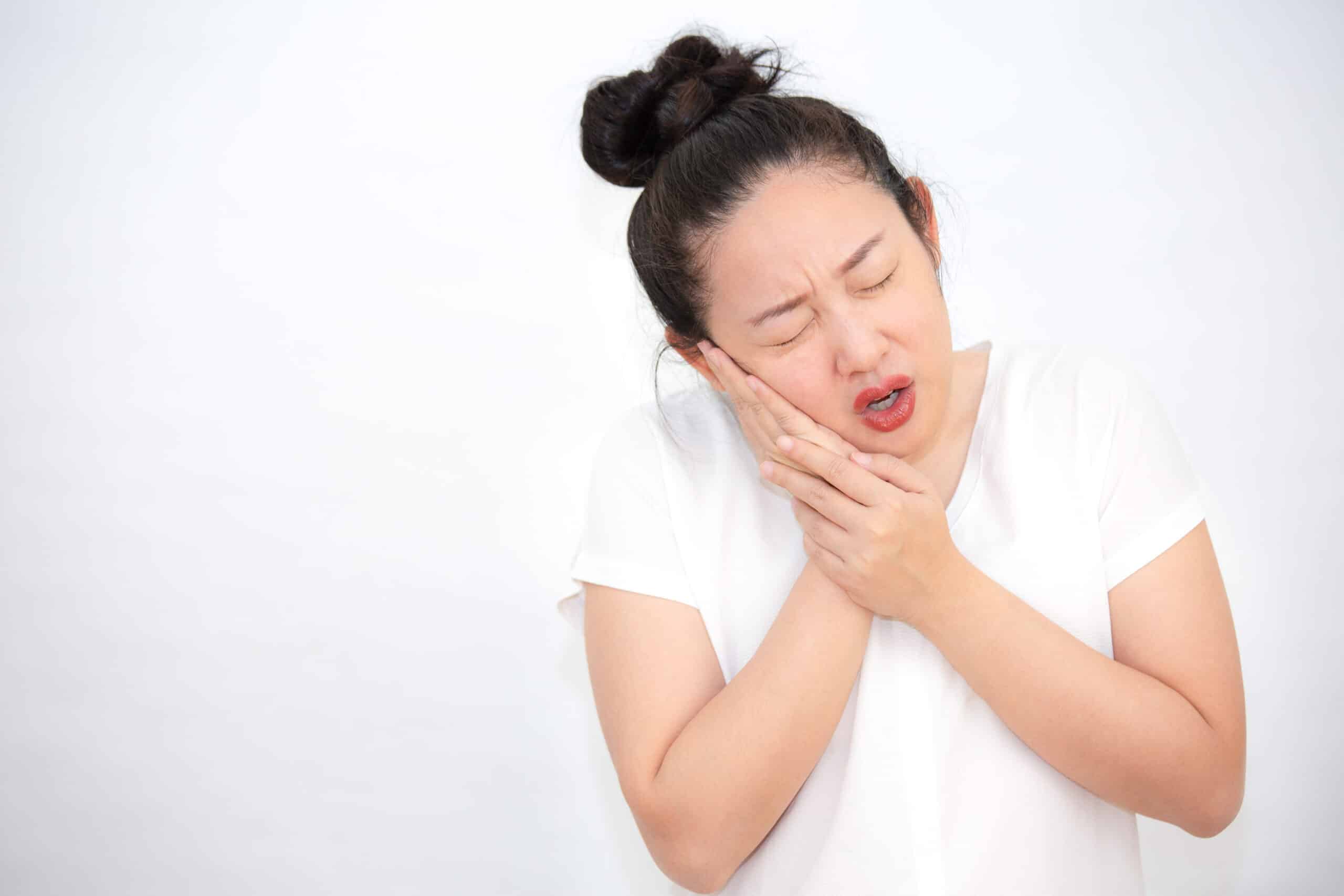HOW DO WE BECOME A VITAL PART IN THE ORAL HEALTH OF THE AGEING COMMUNITY?
As people get older, it’s common for them to overlook certain aspects in their life. Factors such as poor oral health, mental health, medications and physical limitations wholly affect their quality of life.
Dental health is ultimately linked to whole-body wellness and health, that’s why it’s vitally important that we educate our older adult patients about this issue and find ways to remind them or help them maintain proper oral care.
By understanding their everyday challenges they face in all aspects of life, we as dental healthcare providers can give treatments while improving our senior patients' quality of life.
DENTIST'S ROLE TO THE ORAL CARE OF GERIATRIC PATIENTS
Proper dental care is an important part of maintaining a high quality of life for the elderly, however, due to physical limitations, these patients often require special considerations for treatment. Such as dry mouth and gum disease that can directly impact the health of the rest of their body and need to be taken seriously.
As dental professionals, we should pay particular attention to the obstacles that our senior patients have to face and understand their special needs. By implementing action plans and expertise in support of our senior patients, this can both improve our patient's base, and, at the same time, improve the quality of life of our elderly patients.
If we want to explore and implement the practice of geriatric dentistry, we should take into consideration the gender factor. If in your practice primarily caters to female elderly, you must take into consideration tackling their dental care and treatment specific for female gender. For example, women, tend to have smaller, lighter bones than men. This makes women more susceptible to osteoporosis as there is less mass, and menopause has a greater effect on their bones. After menopause the body produces less estrogen and progesterone – two common female hormones that help keep bones strong. Women are 3 times more likely than men to suffer arthritis or worst carpal tunnel syndrome. Thus, as their dentist we can for example suggests to those who suffer this condition to attach their toothbrush in a tennis ball for better dexterity. While this might sound peculiar, this type of creative solutions can often help practitioners serve their patients best. For a long, healthy, comfortable life, both men and women require regular preventive dental care and treatment to help limit complications and compromise their systemic health.
Geriatric dental practice maybe built by improving first our knowledge about it through additional trainings and attending seminars about this side of dentistry wherein not many of us do put effort on learning this specialization, thus, less competitive, but, in actuality of high demand. If you are indeed interested in exploring this practice, you can build your patients base by increasing the number of seniors you treat through first getting direct referral from your middle-aged or younger patients, which can be their parent/s or grandparents. Your patients can provide encouragement to their elderly relatives and/or friends in regard to the importance of their dental health to their way of life and can tag them along on their next visit to your dental clinic. In regards to the business side of this practice, please take into consideration that seniors are often on a fixed budget, so, it may be best to develop payment plans or discount services for designated and regular oral healthcare before starting to delve into this practice. Remember the cost of living is constantly rising, so, seniors are force to cut back financially where they can, which sometimes includes on neglecting their oral health, thus, decreasing their quality of life, but, if your dental practice can provide both economical and effective treatments that address their needs, you will be surprise that this type of specialization can actually bring you both professional and financial satisfaction.
Let's deal with 2 Considerations in how you begin to handle geriatric dental practice:
I. TREATMENT CONSIDERATIONS
According to the National Institute of Dental and Craniofacial Research, many conditions that plague the body manifests mostly in the mouth, such as diabetes, heart disease, oral lesions, xerostomia, and Sjögren’s Syndrome, an autoimmune disorder that primarily affects women. In fact, seniors are more in need of dental care as they age. Unfortunately, many seniors face plenty of obstacles before even reaching their dental appointment. That said, it is important to have a clear understanding of each patient’s unique story and dental history, regardless of age. It is important to take note that when dealing with an elderly patient, it is sometimes the case that the patient does not have a strong relationship with a dental professional or cannot track dental records down due to extended periods with little or no professional dental care. So, how do we begin? On this kind of cases, it is a must for dental professionals to do a thorough and detailed examination of their oral cavity. Questioning a senior patient or family member about the patient’s oral health habits may also help develop dental background or history. In doing this, you will be able to build a comprehensive treatment that is more likely to improve your elder patient’s quality of life . These are some of the sample questions you can start with:
- Do you find it physically difficult to reach certain parts of your mouth?
- Do you suffer from pain that makes it hard to brush or floss?
- Do you experience physical limitations to prevent you from brushing twice a day?
- What do you do with your denture at night?
- Do you experience any bumps or sores inside your mouth?
- What are your favorite oral products?
- Do you have difficulty in swallowing?
- Do you have difficulty in tasting food?
You will also need to consider the psychological aspect when you handle the elderly. Majority of the time seniors may not fully understand the need for or appreciate professional oral care. Even when care is briefly explained, some senior patients may have a difficult time understanding the necessity for a dental professional’s attention unless there's pain. So, addressing the way they perceive things to be and being patient in showing them the significance of addressing their dental health just like when we handle children, becomes a necessary part to implement a successful dental care and treatment.
II. HANDLING OF EDENTULOUS PATIENT
It is a common belief for seniors that by losing all their teeth eliminates the need for a dental services. Older patients who wear dentures need regular dental appointments to ensure proper denture fit over time, screen for oral cancers and sores, infection (such as candidiasis) and instructions for practicing good oral hygiene at home.
This is some of guidelines that we can advise them in taking care of their dentures and simultaneously improving their oral health care:
- Make sure the patient has a complete understanding of the proper oral care they should be practicing at home.
- Educate patient in the importance of removing their dentures at nighttime.
- Suggest a denture cleanser like Polident fresh cleanse (GlaxoSmithKline) or ProTech (Denture Care) to help remove plaque and eliminate germs.
- Instruct edentulous patients to be particularly careful when cleaning their dentures, as dentures are a porous material shown in studies to harbor bacteria, which can be reduced via overnight soaking.
- Supply samples of denture cleanser and large-print treatment instructions for elderly patients to bring home.
- Avoid alcohol based dry mouth medications for elderly who experience Xerostomia offer products such as YoTuel Xerostom Mouthwash and Spray or GC dry mouth gel or Biotène® Moisturizing Spray
- Work with elderly patients to schedule regular dental exams, organize extra reminders with family members.
- Print out calendar with regular care appointments and dates when they should order more dental products. Include approximate costs to help seniors manage a budget.
Denture care and overall oral health for seniors will become increasingly important as the population ages. Factors such as patient’s vulnerability to diseases and side effects on their medications are increasing challenges that do affect their oral healthcare.
CONCLUSION
In conclusion, it is sad that the practice Geriatric Dentistry is also like old and worn books shelved and forgotten as a specialization. Handling the oral health of our elderly like children requires our utmost care and importance. They are one of the most vulnerable and sometimes neglected members of our society, thus, as dental health providers, it is our duty and obligation to provide them our best to care for them. Let's be a part for them to still enjoy their remaining days and feel good about themselves. In fact, if we can't be moved by human decency, this type of dental practice can be quite lucrative because there's not much in supply for dentists who specialized on this but the demand is high. Either way, whichever motivates you to specialized on this, this is a specialization that's truly fulfilling in all aspects, we just need to appreciate its significance.
Contributors:
Dr. Bryan Anduiza - Writer
Dr. Jean Galindez - Writer | Editor
